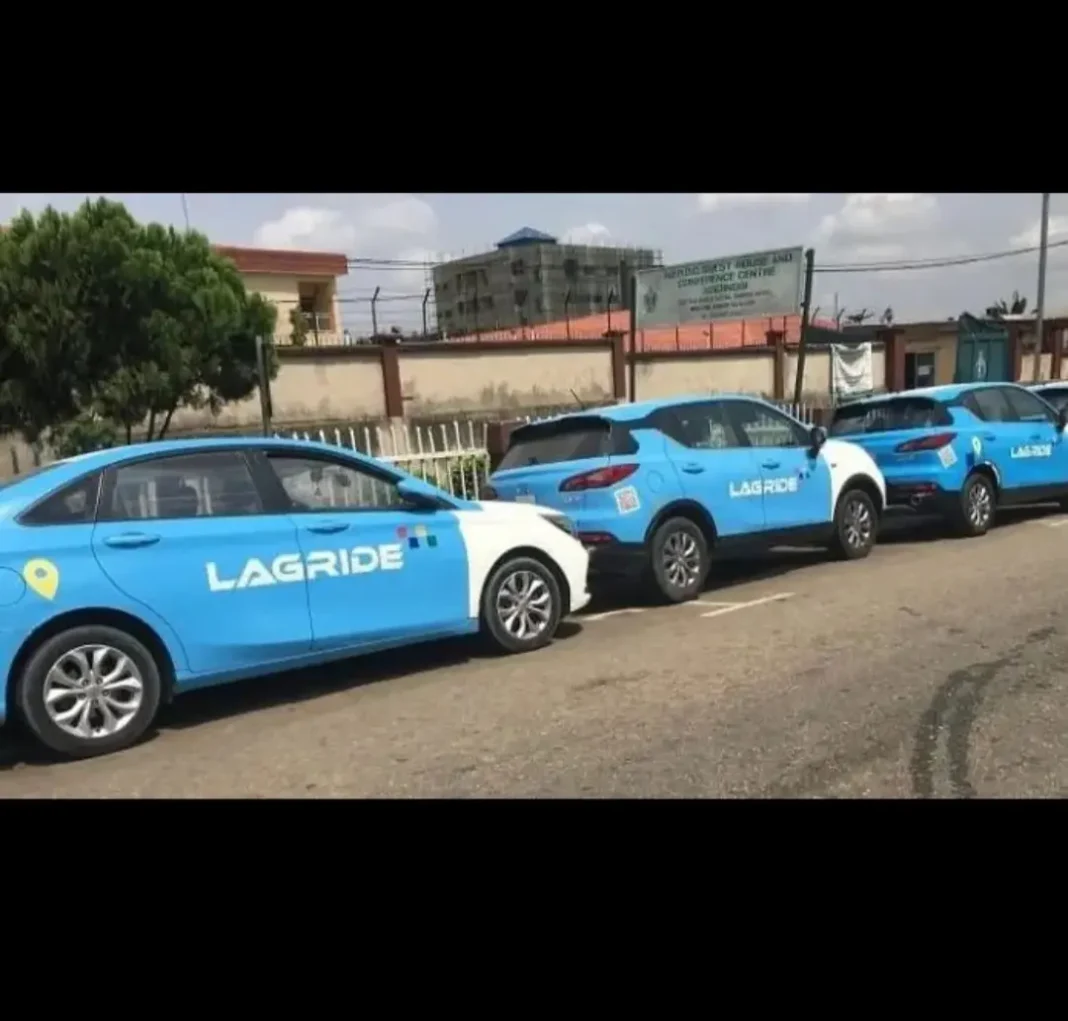The dispute between LagRide, Lagos State’s government-owned ride-hailing service, and its drivers has escalated, with drivers threatening to suspend operations in response to what they claim are unfair enforcement tactics by the platform’s management.
The conflict centers around allegations that some drivers have been promoting rival services such as InDrive and Bolt, rejecting trips without valid reasons, and accepting cash payments, all of which violate the platform’s policies. In response, LagRide management warned that drivers who fail to comply would face penalties, including vehicle impoundment, arrest, and legal action, and that officials from the Lagos State Task Force would be monitoring operations closely.
Steven Iwindoye, the spokesperson for the Amalgamated Union of App-Based Transporters of Nigeria, condemned the platform’s aggressive stance. He argued that heavy-handed measures like vehicle impoundment and arrests would only escalate tensions and called for government intervention. He also pointed out that many drivers have resorted to accepting cash payments after LagRide disabled the app’s cash payment option, which they believe was done to pressure them into remitting earnings weekly. Iwindoye also criticized the financial burden on drivers, noting that CIG Motors, the Chinese automaker now managing LagRide after taking over from Zenolynk Technology Ltd., imposes multiple charges without adequately covering vehicle maintenance costs.
CIG Motors, which took full control of LagRide in March after the Lagos government ended its partnership with Zenolynk, has introduced a new app following Zenolynk’s shutdown of the previous platform. However, the shift has not been smooth. Tensions continue to grow as drivers are voicing dissatisfaction with the new app’s issues and demanding better working conditions and resolutions.
As the situation develops, LagRide’s management faces mounting pressure to resolve the conflict or risk further disruptions to the service. The drivers’ protest, which has involved offline boycotts, could lead to more widespread action unless their grievances are addressed.

